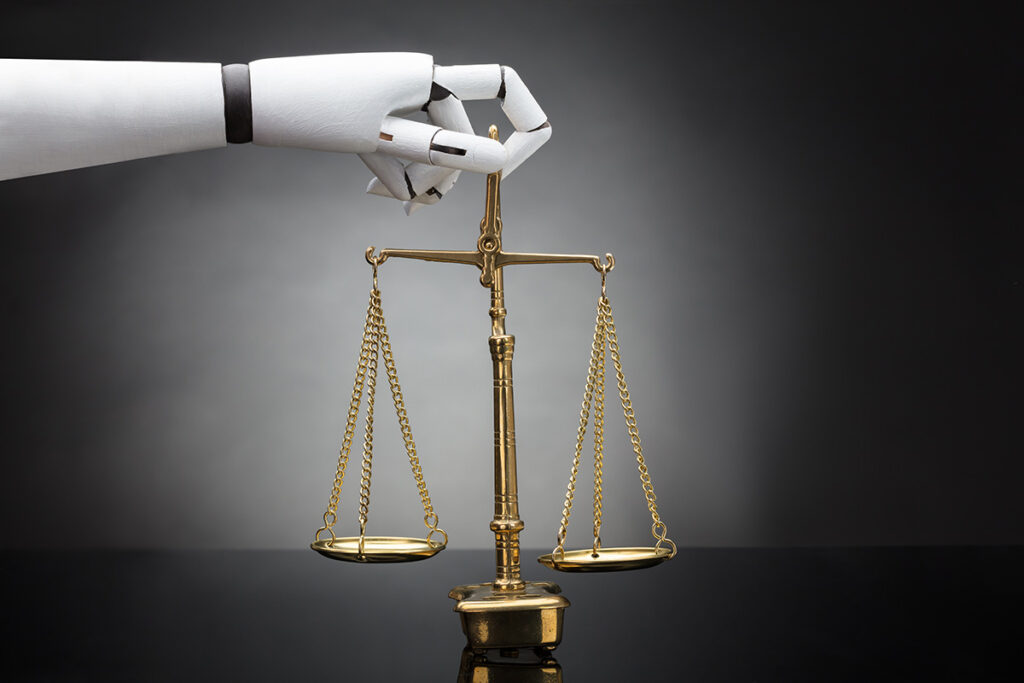Artificial Intelligence Can Improve Diversity, Equity, Inclusion and Accessibility Efforts

The emergence of Artificial Intelligence as a business tool to improve the bottom line is well known. But the growing popularity of AI to open new doors that are enhancing the work capabilities and performance for persons with disabilities is something all business owners should be aware of.
The U.S. Department of Commerce recently hosted a panel discussion on the intersectionality of AI and neurodiversity and the impact of AI on hiring persons with disabilities as well as promoting diversity, equity, inclusion, and accessibility by all employees. During the discussion, panelists stressed how AI can shape careers and improve day to day learning through neurodivergence, machine learning, and technology.
Panelist and Chief Information Officer André Mendes said that some of the most significant contributions in fields like science, technology, and the performing arts have been given to us by individuals with neurodivergent characteristics.
“Humanity is a spectrum, and that spectrum applies to all of us,” Mendes said, in an agency media release. “Some of us have challenges that do not fit the norm. However, we all have intersectionality, and we all are more than our job.”
Panelist Victoria Houde, director of AI Policy and Strategy at the Department of Commerce’s Office of the Under Secretary for Economic Affairs, said making data more accessible to persons with disabilities, particularly among unrepresented communities, is important for business owners to recognize.
“As a black woman, it is important to me to be the voice in the room and get data into the hands of unrepresented communities and people that are just different than the stereotypical community,” she said, in the release.
Elham Tabassi, NIST Associate Director for Emerging Technologies, participated in the panel discussion and said that AI systems can serve all people and that it is a shared responsibility for all of us.
“We have a responsibility to make sure our technologies are fair and just,” she said in the release. “When we increase the diversity of thoughts and thought process, magic happens.”
SOURCE: U.S. Department of Commerce




